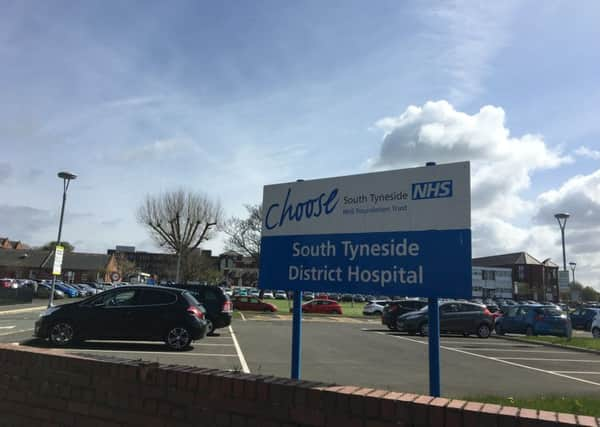Date set for legal challenge to South Tyneside and Sunderland '˜Path to Excellence' hospital plans


Earlier this year, lawyers for the Save South Tyneside Hospital Campaign (SSTHC) were given permission to challenge NHS bosses’ controversial Path to Excellence scheme.
And the case is now set to be heard at the High Court, in Leeds, from Tuesday, December 18 – Thursday, December 20.
Advertisement
Hide AdAdvertisement
Hide AdThe planned shake-up of services in the area was approved by the Sunderland and South Tyneside Clinical Commissioning Groups (CCGs) in February.
This included:
Moving acute stroke care from South Tyneside Hospital to Sunderland Royal Hospital
Changes to management of maternity care, with a consultant-led unit in Sunderland and a midwife-led counterpart in South Tyneside
An overhaul of pediatric care, leading to daytime emergency provision in South Tyneside and 24/7 provision in Sunderland.
Advertisement
Hide AdAdvertisement
Hide AdSpeaking after the challenge was given the green light to go ahead, Roger Nettleship of SSTHC said: “We believe that the proposed changes will be a potential disaster for the people of South Tyneside and Sunderland.
“We are happy that our legal challenge can continue after being granted permission to seek a judicial review of the proposed plans.
“It is disappointing that after being urged to reconsider its actions, NHS Sunderland CCG and NHS South Tyneside CCG have shown no sign of being willing to do so.”
As well as the legal challenge by protestors, members of Sunderland City Council and South Tyneside Council appealed for the Health Secretary to intervene.
Advertisement
Hide AdAdvertisement
Hide AdConcerns included the safety of sick children needing urgent out of hours care, transport for pregnant women and the ability of Sunderland Royal Hospital to cope with an increase in patients.
A subsequent independent review of the changes ruled they were in the best interests of services in the area.
But the findings of Lord Ribeiro, who led to inquiry, also called on CCG bosses to build trust with the public before pushing ahead with more reforms, which are due to cover elements of planned and non-emergency care.
A judicial review cannot say whether the decisions taken by care chiefs were the right ones.
Advertisement
Hide AdAdvertisement
Hide AdInstead, it will consider the processes used to reach those decisions and whether the CCGs carried out the correct consultation with staff and the public.
James Harrison
James Harrison , Local Democracy Reporting Service